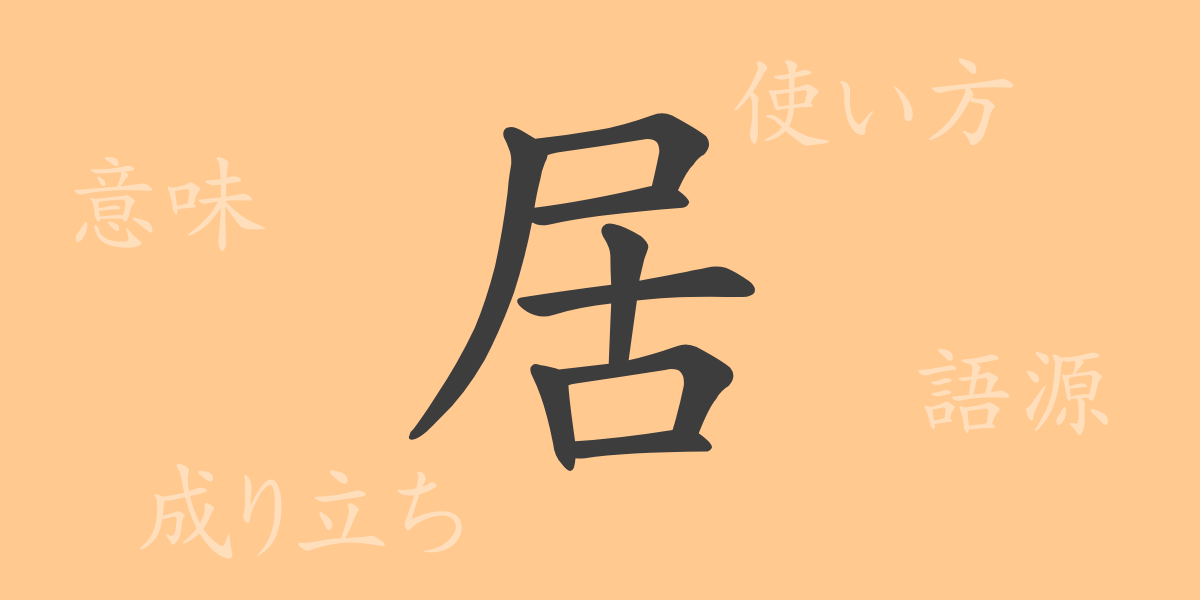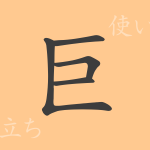The beauty of the Japanese language lies in the profound meanings and histories embedded in its characters. One such character is the commonly used kanji “居(い, i),” which plays an essential role in our daily lives. In this article, we delve into the origins, modern usage, and various idioms and expressions that incorporate the kanji “居(い, i),” revealing its full breadth and depth.
Origin of 居(い, i)
The kanji “居(い, i)” can trace its roots back to ancient Chinese oracle bone script. The original form depicted a person lying down in a specific place, symbolizing the concept of residing or staying. Over time, this pictograph evolved into the current character “居(い, i).” The kanji carries the meaning of physically staying in a place, and this meaning has expanded to encompass various abstract concepts.
Meaning and Usage of 居(い, i)
In modern Japanese, “居(い, i)” signifies “the state of being in a particular place.” This includes meanings such as living, staying, and existing. It is widely used in daily conversation and written language in expressions like “居(い)る” (to be), “居間(いま)” (living room), and “居住(きょじゅう, kyojū)” (residence).
Readings, Stroke Count, and Radical of 居(い, i)
Understanding the readings and structure of the kanji “居(い, i)” is crucial.
- Readings: The on-yomi (Chinese reading) is “キョ(きょ, kyo),” and the kun-yomi (Japanese readings) include “い(い)る” and “お(お)る.”
- Stroke count: “居(い, i)” consists of 8 strokes.
- Radical: The radical is “尸(しかばねへん, shikabanehen).”
Idioms, Proverbs, and Phrases Using 居(い, i)
There is a wealth of idioms, proverbs, and expressions in Japanese that feature the kanji “居(い, i).” Here are a few examples:
- 居心地(いごこち)がいい (igokochi ga ii) – Feeling comfortable or at ease in a place or situation.
- 無人の居(い)るよう (mujin no iru yō) – It seems as if no one is present, but there actually is someone.
- 居直り(いなおり) (inaori) – Returning to a former place or state after having left, often with a renewed determination or strength.
Summary of 居(い, i)
The kanji “居(い, i)” has evolved from ancient times to the present, reflecting both physical and abstract concepts. It is deeply rooted in our lives and used to express various emotions and situations through language. This single character not only indicates a place but also conveys psychological and behavioral nuances. By understanding the depth of “居(い, i),” we can better appreciate its significance in daily communication and beyond.

























